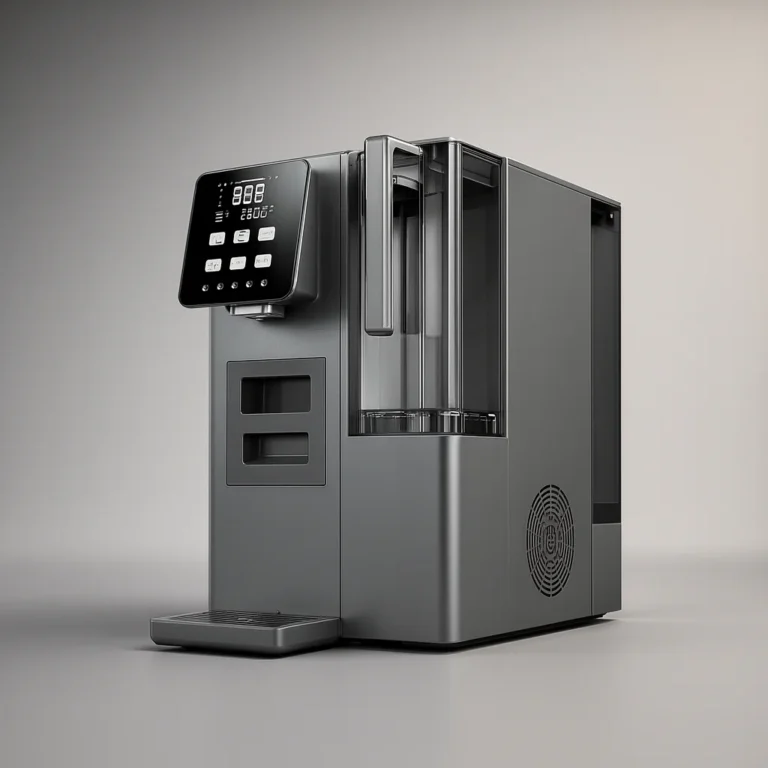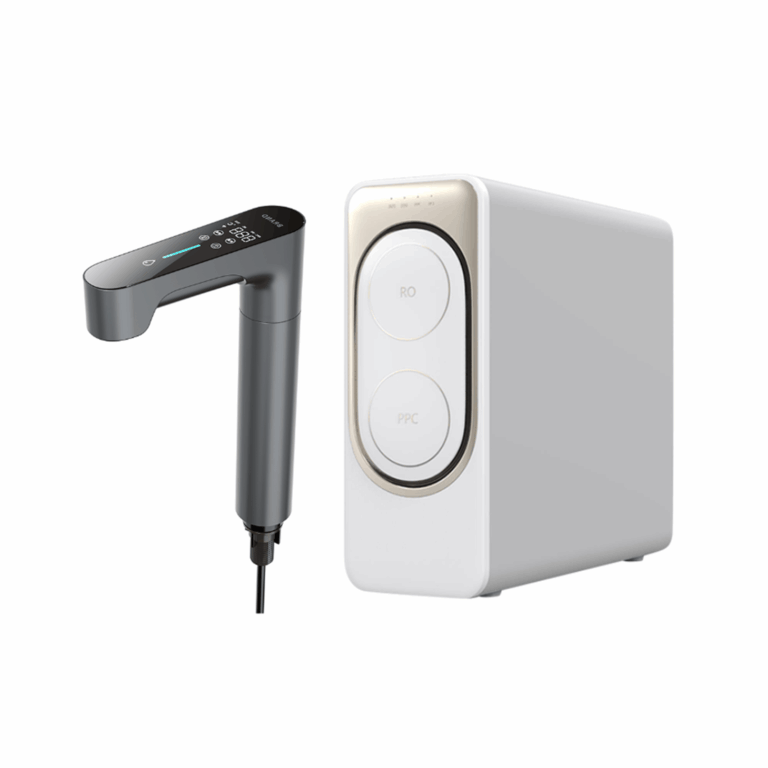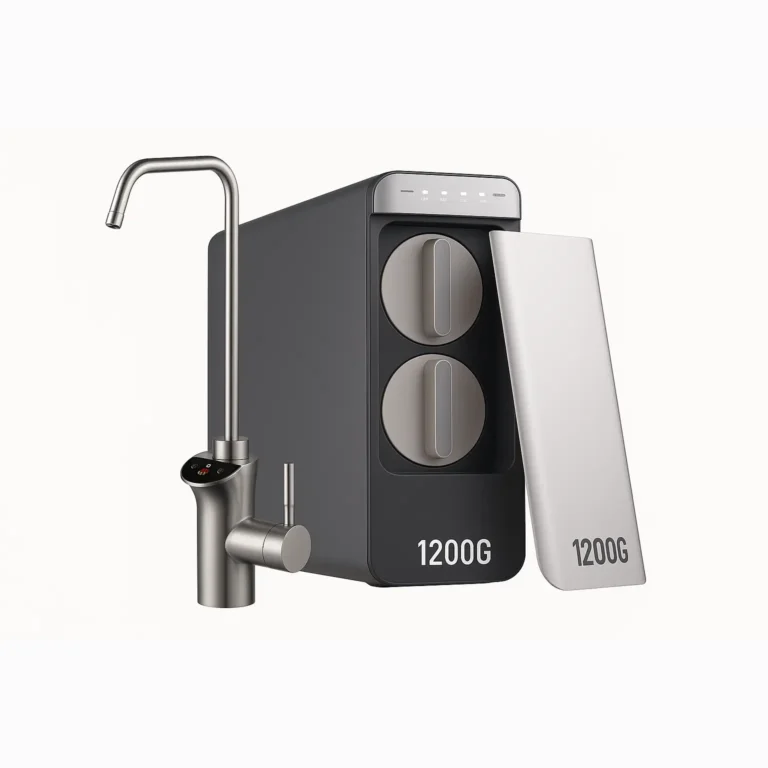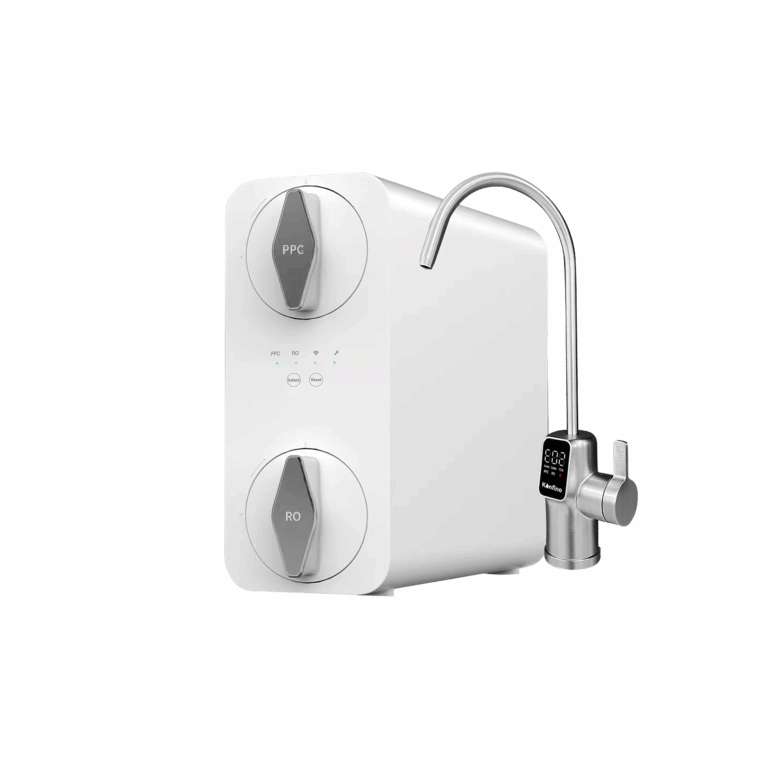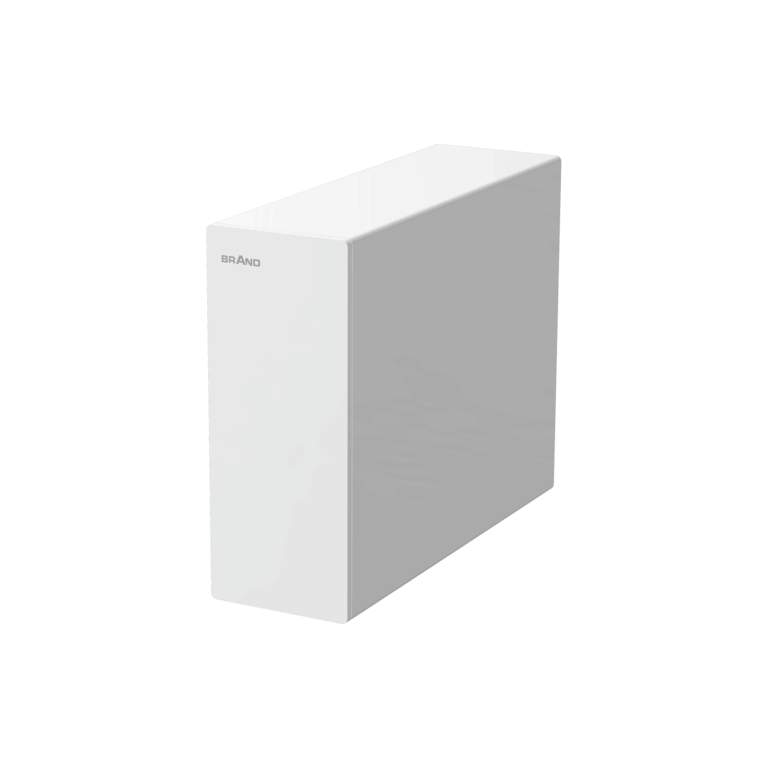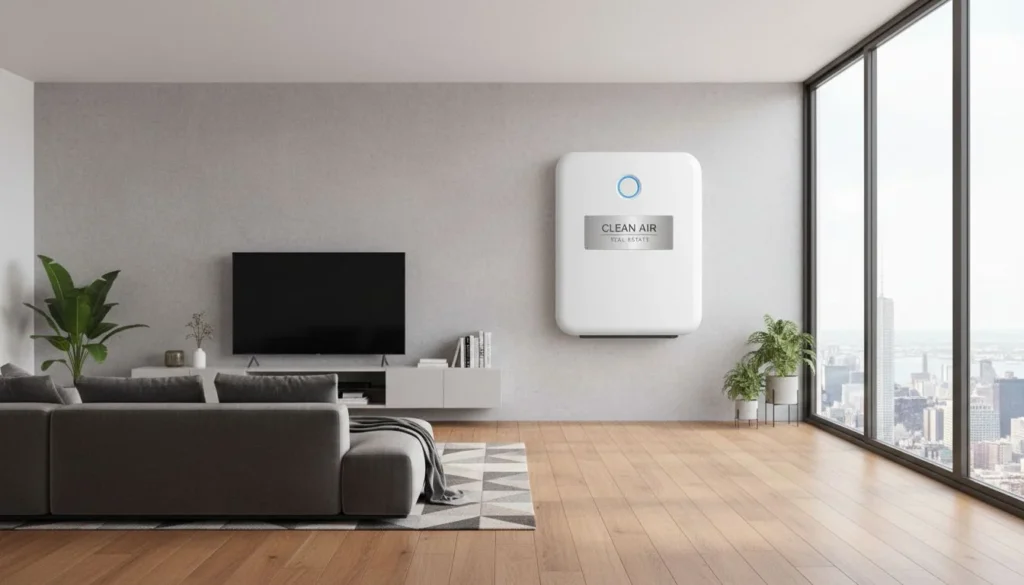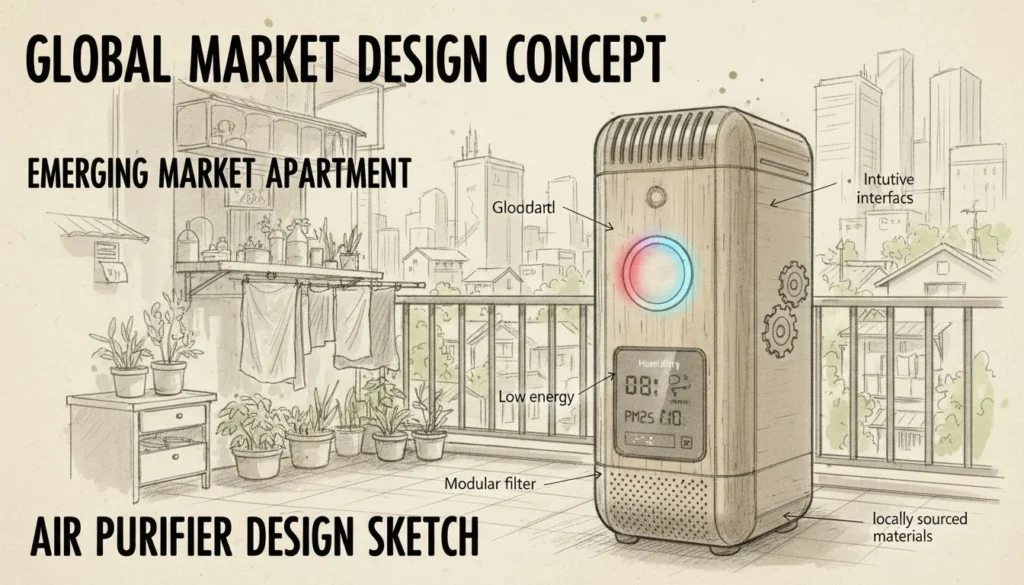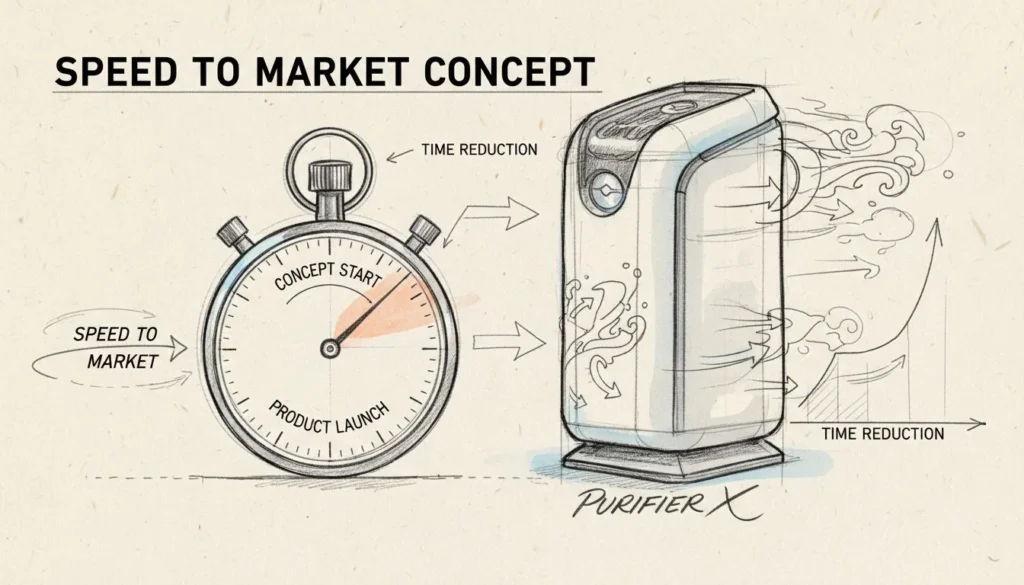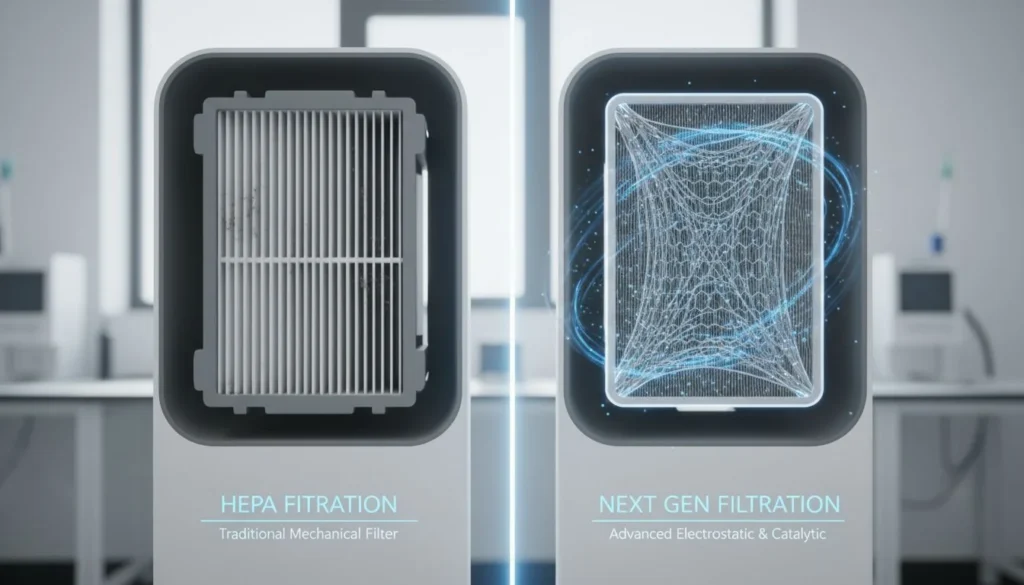You want to trust your water purifier. But where it's made says a lot about its quality. We'll show you exactly where BWT products come from.
BWT water purifiers1 are primarily manufactured in Europe, with key production sites in Austria, Germany, France, and Switzerland. They also operate a new, modern smart factory in Qingdao, China, which was established in 2023 to specifically serve the growing Asian markets with the same high standards.
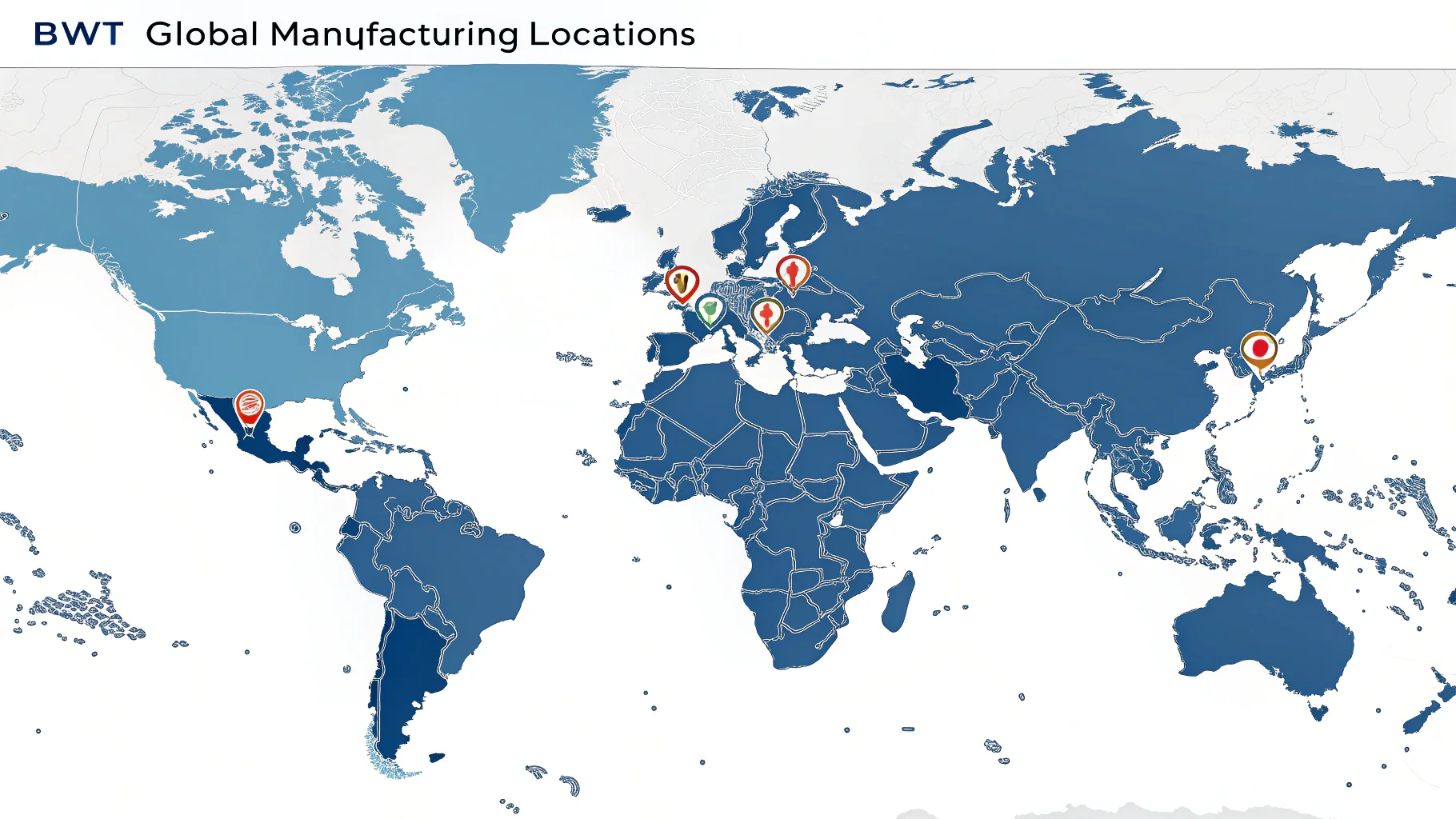
When I first got into the water purifier business, I learned a valuable lesson. The "Made In" label is more than just a sticker. It's a story about quality, standards, and the people behind the product. Understanding where a brand like BWT builds its purifiers tells you a lot about what you can expect. It’s a key piece of the puzzle for anyone who cares about clean, safe water. Let's dive into the details of their global manufacturing footprint.
Does BWT Have a Global Presence?
You might think a European brand only focuses on Europe. This can make you overlook their worldwide expertise. Let's explore the true scale of their operations.
BWT is a truly global company. It operates far beyond its European roots, with a network of production facilities, sales offices, and service partners across the world. This global reach ensures they can deliver their high-quality water solutions to customers everywhere.
When a company operates globally, it means they have to understand a wide variety of challenges. The water quality2 in my city might be completely different from the water in a city on another continent. BWT's presence in different regions shows they have experience with these local conditions. Their motto, "For You and Planet Blue," isn't just a slogan; it's a commitment they fulfill worldwide. This global strategy allows them to combine their central European engineering excellence with local market knowledge. This is a huge advantage for both home users and business clients. It means you get a product designed with world-class technology but adapted for your specific needs.
BWT's Reach by Region
| Région | Significance for Customers |
|---|---|
| Europe | The heart of R&D, engineering, and quality control. |
| Asie | Growing presence with a new factory for faster delivery and local support. |
| Americas | Established sales and service networks for reliable customer care. |
| Mondial | A wide network of partners ensures you can find BWT products and support almost anywhere. |
Where Exactly Are BWT Water Purifiers Manufactured?
You see "Made in Europe" on a label, but that can feel vague. You deserve to know the real story. Let's pinpoint the exact factory locations.
BWT’s core manufacturing happens in four key European locations: Mondsee, Austria; Schriesheim, Germany; Paris, France; and Aesch, Switzerland. To meet Asian demand, they also launched a state-of-the-art smart factory3 in Qingdao, China, in 2023.
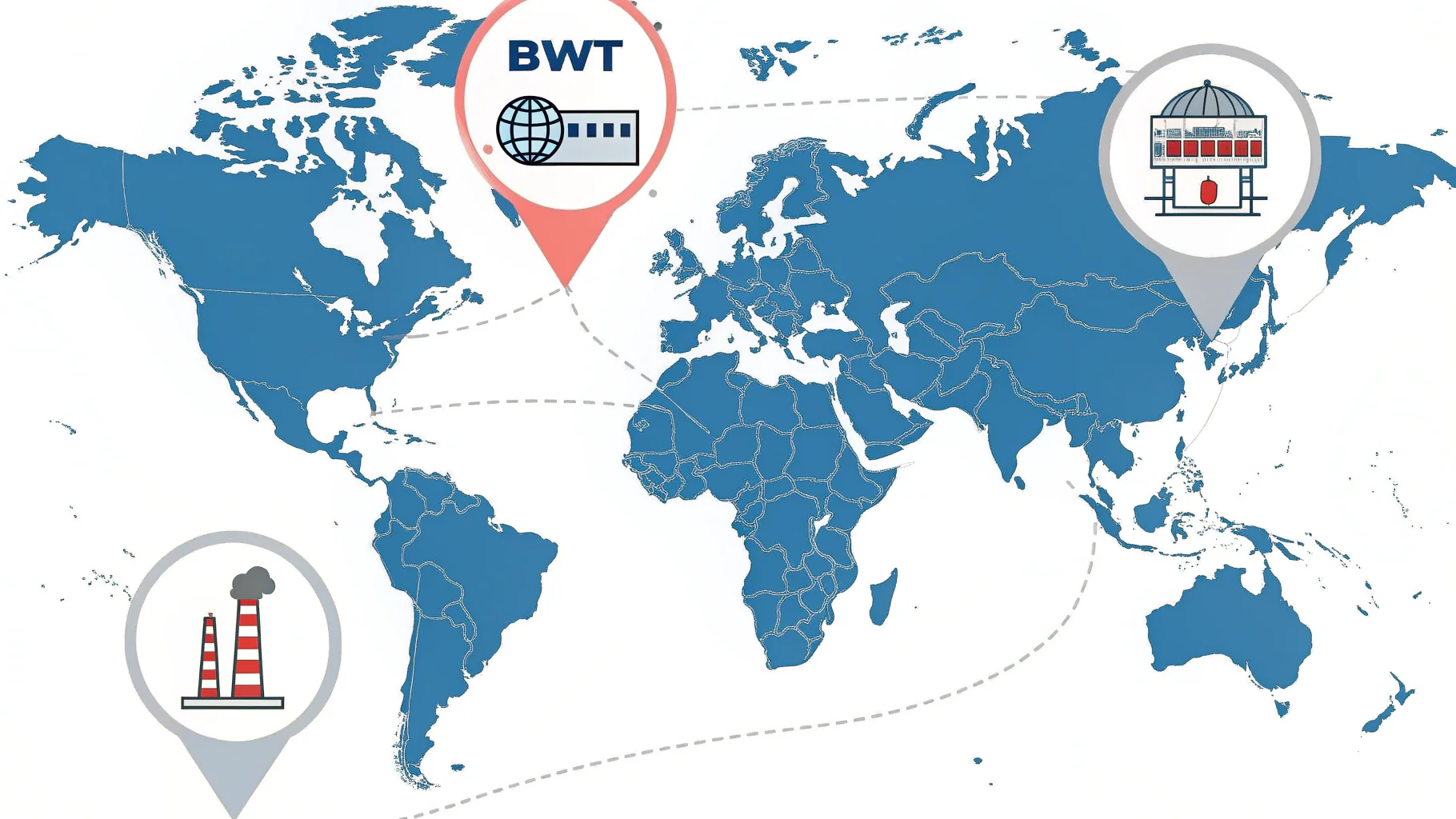
I always tell my clients to look past the brand and at the infrastructure. BWT’s manufacturing strategy is a great example of this. Their European factories are the foundation of their reputation for quality. These aren't just assembly lines; they are centers of innovation. The Austrian site in Mondsee, for example, is also their global headquarters, driving research and development. Then, you have the new factory in Qingdao, China. This was a smart move. Instead of just outsourcing to a random facility, BWT built their own modern factory. This means they control the entire process, from the raw materials to the final product, ensuring the same high standards as their European plants. This hybrid approach gives them the best of both worlds: European engineering and regional production for faster, more efficient service in Asia.
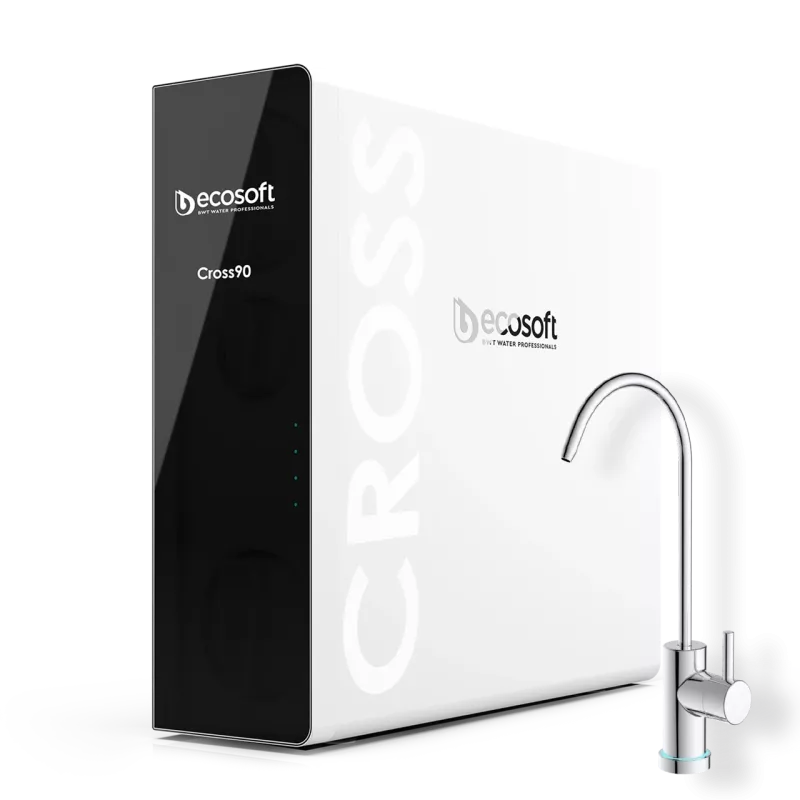
BWT's Key Production Sites
| Localisation | Pays | Primary Focus |
|---|---|---|
| Mondsee | Austria | Headquarters, R&D, and Key Production |
| Schriesheim | Allemagne | Specialized Water Treatment Systems |
| Paris | France | Point-of-Use and Point-of-Entry Systems |
| Aesch | Switzerland | High-Purity Water Systems for Pharma |
| Qingdao | Chine | Smart Factory for Asian Markets |
What Are Their Manufacturing Standards and Certifications?
Knowing the factory location is a good start. But if the standards are low, it doesn't matter. Let's look at the certifications that guarantee quality.
BWT manufactures its products under strict quality and environmental management systems. Their facilities are certified to international standards like ISO 90014 for quality and ISO 14001 for environmental protection, ensuring every purifier is effective, safe, and responsibly made.
Certifications can seem like boring technical details, but for me, they are a promise. When I see a certification like ISO 9001, it tells me the company has a system in place to prevent mistakes. It means they are committed to consistency, so the first product off the line is just as good as the last. Then there's ISO 140015, which is about environmental management. This shows the company cares about its impact on the planet. They actively work to reduce waste, save energy, and operate sustainably. These standards are not a one-time check. They require regular audits to ensure the company continues to meet the requirements. This applies to all their main production sites, including the new one in China, holding them all to the same high bar.
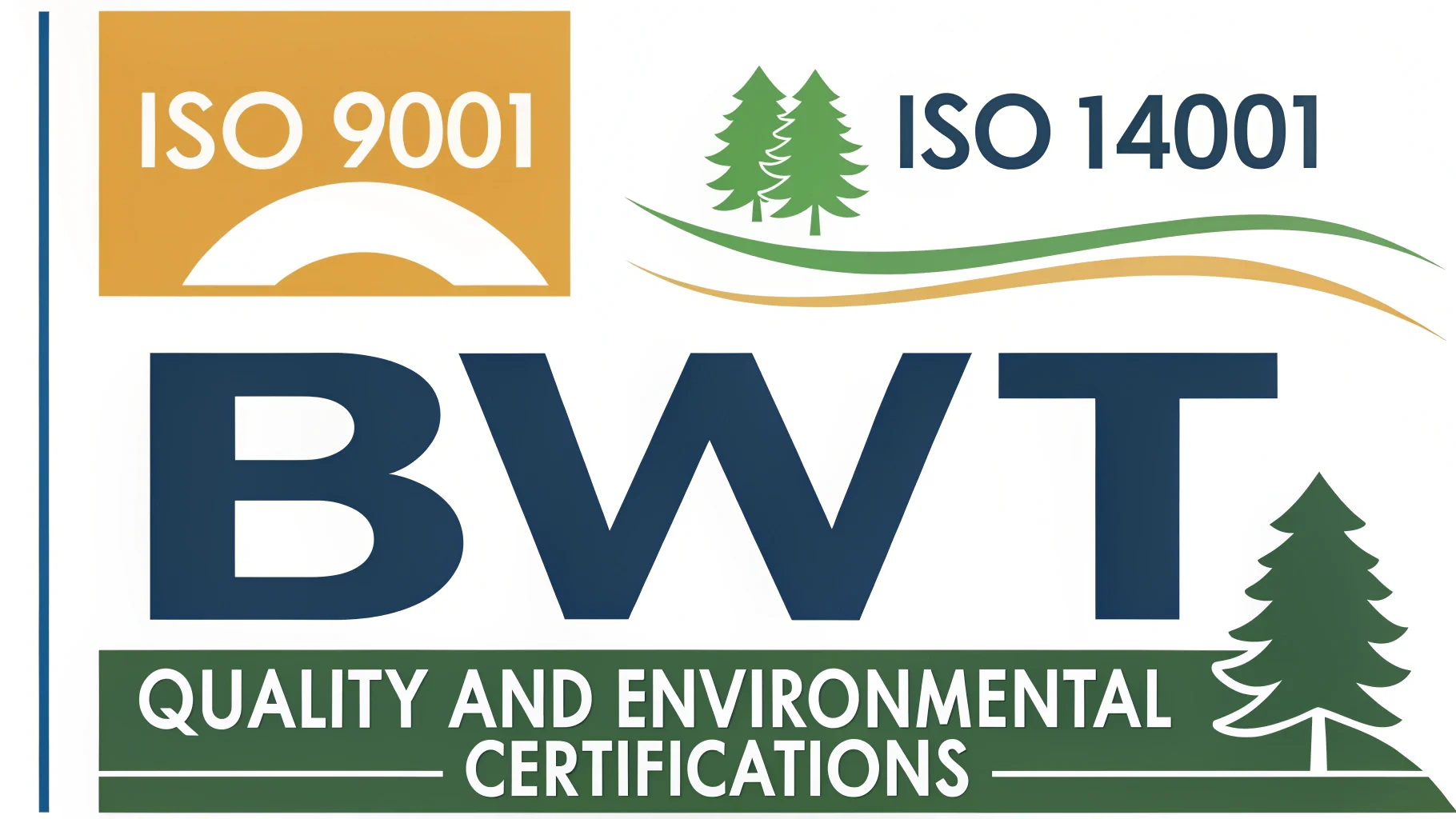
Key Standards Explained
- ISO 9001 (Quality Management): This is the global benchmark for quality. It means BWT has documented processes for everything from design to production to customer service. It’s all about delivering a reliable product every single time.
- ISO 14001 (environmental management6): This standard proves a company is actively minimizing its environmental footprint. It covers energy consumption, waste management, and sustainable resource use.
- HACCP Concept: BWT also follows hygiene standards based on the HACCP concept, which is critical for ensuring that products touching your drinking water are perfectly safe and clean.
Why Does Manufacturing Location Matter for B2B Buyers?
As a business, you need a supplier you can count on. A weak link in your supply chain can hurt your reputation. Here's why BWT's locations are a business advantage.
For B2B buyers7, BWT's European manufacturing base guarantees product consistency, adherence to strict regulations, and supply chain reliability. The new factory in Asia further provides logistical advantages and faster service for partners in that region.
When I work with my business clients, their biggest concerns are always risk and reputation. Choosing a supplier is a major decision. The fact that BWT's core manufacturing is in stable, highly regulated European countries is a huge selling point. It minimizes the risk of supply chain disruptions. It also guarantees that the products meet some of the world's toughest safety and performance standards, which protects my clients from legal and reputational issues. The addition of the Qingdao factory is also a strategic benefit. For my clients in Asia, it means shorter lead times, lower shipping costs, and service from people who understand their market. It shows that BWT is not just a distant European company but a committed local partner.
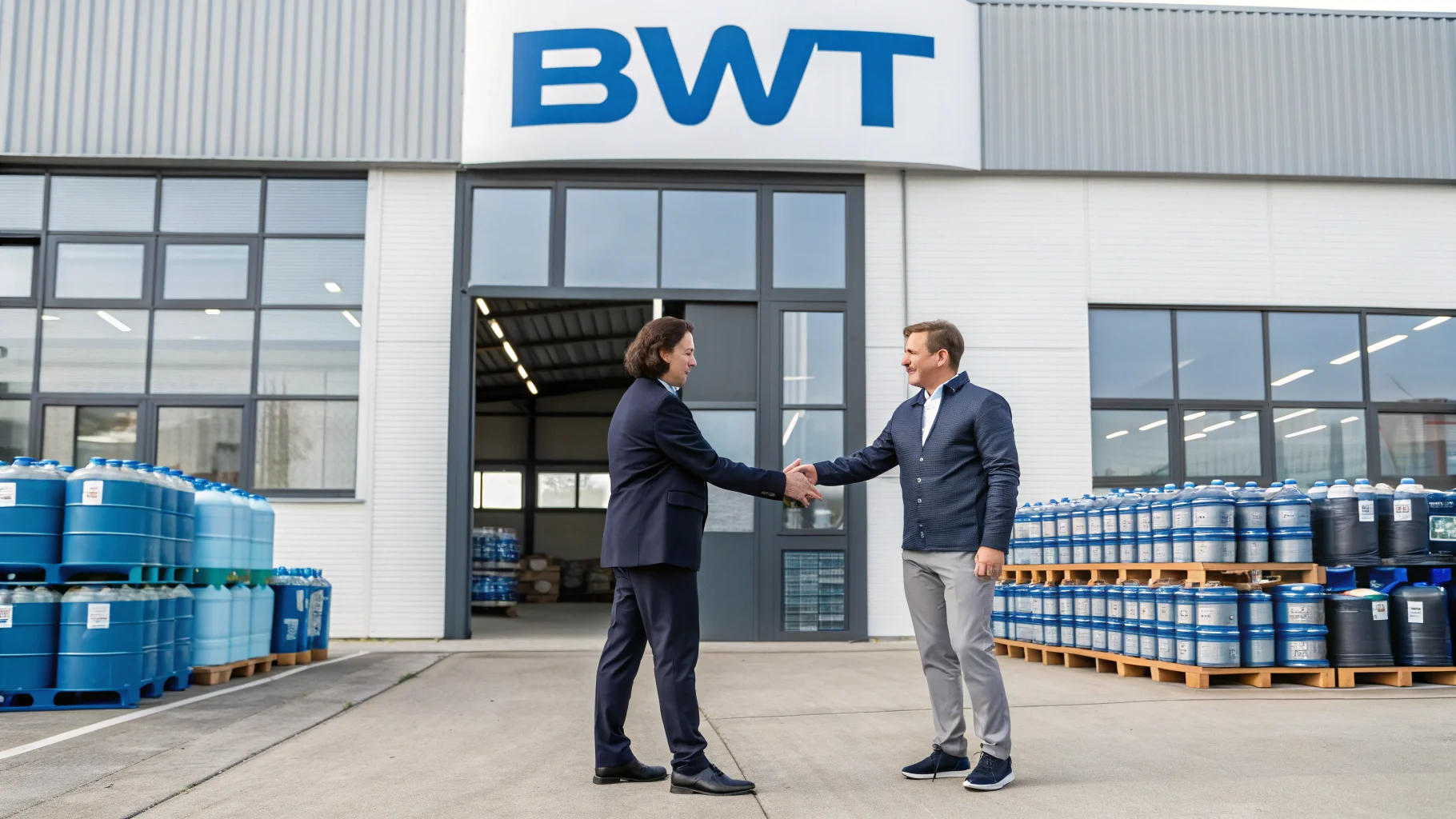
B2B Advantages of BWT's Manufacturing Strategy
| Bénéfice | European Factories | Asian Factory |
|---|---|---|
| Quality & Consistency | Proven track record of high-quality engineering. | Built to the same high European standards. |
| Chaîne d'approvisionnement | Stable and reliable. | Reduced shipping times and costs for Asia. |
| Conformité | Meets strict EU regulations. | Meets international standards, adapted for local needs. |
| Brand Value | Associates your business with European quality. | Shows commitment to the local Asian market. |
Why Does It Matter for D2C Customers?
You just want safe, clean water for your family. But where your purifier is made directly impacts its safety. Here is why you, as a consumer, should care.
For a direct customer, the manufacturing location is a promise of safety and performance. Knowing your BWT purifier was made under strict European standards gives you peace of mind that the materials are safe and the technology is reliable.
When I choose a product for my own home, especially something for my family's health, I look closely at its origin. The "Made in Europe" mark on a BWT product means something very specific to me. It means the plastics and other materials used in the purifier have been tested under strict regulations, so I don't have to worry about harmful chemicals leaching into our water. It also means the product was built to last. High-quality manufacturing results in better durability and performance, so I know it will work as promised day after day. Finally, there's the ethical side. Supporting a company that invests in environmentally certified factories (ISO 14001) makes me feel better about my purchase. It’s a small way to know that my choice is better for the planet, too.

What Manufacturing Origin Means for You
- Health & Safety: European standards for food-grade materials are among the strictest in the world. This ensures your water is not contaminated by the purifier itself.
- Performance & Durability: Quality manufacturing processes lead to a more robust product that performs effectively for its entire lifespan. You get what you pay for.
- Tranquillité d'esprit : Knowing your product comes from a facility with high environmental and quality standards provides confidence in your purchase for your family and the environment.
Conclusion
BWT's strategic manufacturing in Europe and Asia ensures high-quality, reliable water purifiers for all customers, backed by strict international standards and a clear vision for clean, safe water.
References
-
Explore the advantages of BWT water purifiers, including their quality and safety standards. ↩
-
Explore the various factors that influence water quality and how companies adapt to them. ↩
-
Learn how smart factories enhance efficiency and quality in manufacturing processes. ↩
-
Discover the importance of ISO 9001 certification in ensuring consistent product quality. ↩
-
Find out how ISO 14001 certification helps companies minimize their environmental footprint. ↩
-
Learn about effective environmental management practices that companies can adopt. ↩
-
Gain insights into the key factors B2B buyers should evaluate when selecting suppliers. ↩

